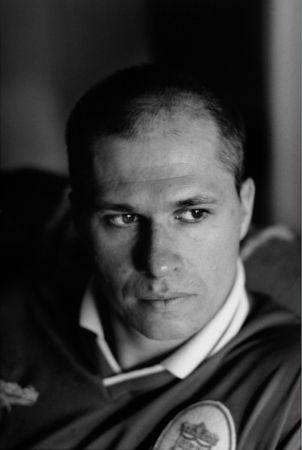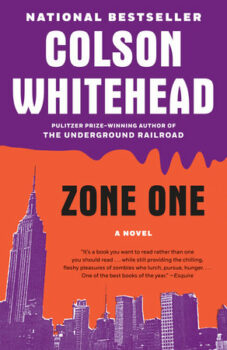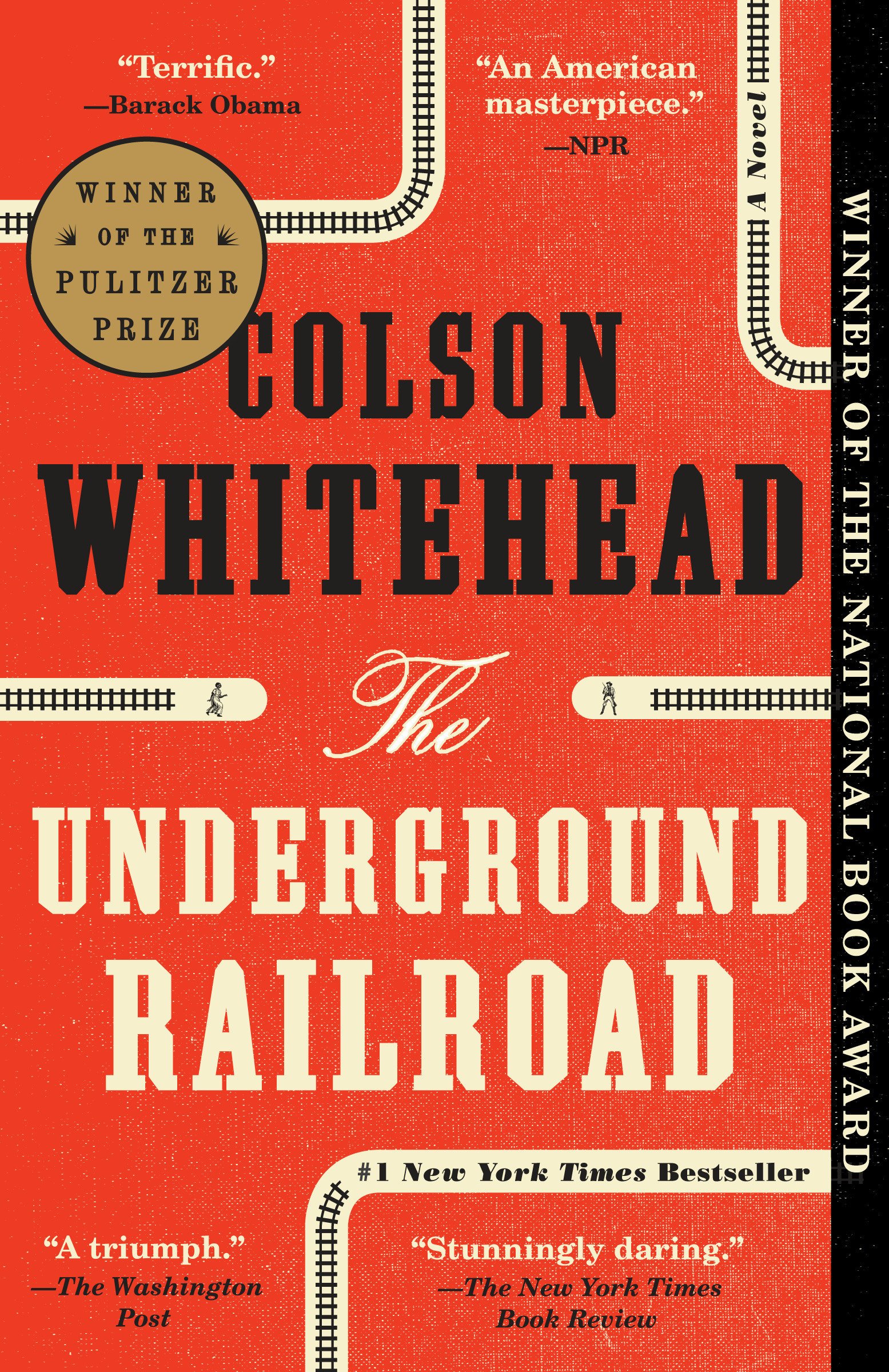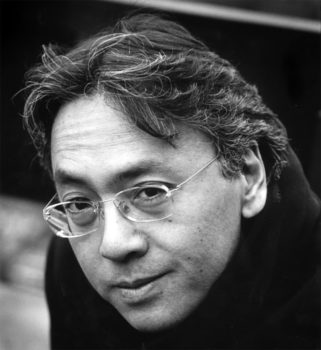The Hopwood Room Roundtable is a weekly event hosted by the University of Michigan’s MFA Program in Creative Writing and the Zell Visiting Writers Series, in which established writers sit down in an informal setting to talk with students, faculty, and local reader-writers about their work and the craft of writing.
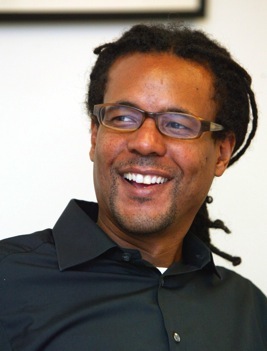 Writer of fiction, non-fiction, essays, tweets, book reviews, movie reviews, music reviews, grocery lists, to-do lists, laundry lists, and probably more, Colson Whitehead traveled to Michigan recently from his native New York City to give Ann Arborites a Q & A. Whitehead arrived just after the hour, looking and playing the part of The Successful Contemporary American Novelist—svelte and sartorial and on the go—despite the fact that he’d just wrapped up a similar discussion with an undergraduate writing class, to which he’d headed straight from the airport. The man hadn’t even checked into his hotel. Whitehead, a guy who jokes about a life of “writing and watching TV,” is one busy dude. Yet he generously made time for the crowd, and mixed thoughtful reflection with self-deprecating humor as he answered questions.
Writer of fiction, non-fiction, essays, tweets, book reviews, movie reviews, music reviews, grocery lists, to-do lists, laundry lists, and probably more, Colson Whitehead traveled to Michigan recently from his native New York City to give Ann Arborites a Q & A. Whitehead arrived just after the hour, looking and playing the part of The Successful Contemporary American Novelist—svelte and sartorial and on the go—despite the fact that he’d just wrapped up a similar discussion with an undergraduate writing class, to which he’d headed straight from the airport. The man hadn’t even checked into his hotel. Whitehead, a guy who jokes about a life of “writing and watching TV,” is one busy dude. Yet he generously made time for the crowd, and mixed thoughtful reflection with self-deprecating humor as he answered questions.
The discussion circled a number of topics—from writing different genres to covering poker tournaments to making decisions about point of view—but one theme that the conversation kept returning to was authorial “permission.”
Q: “In what ways do you find yourself drawing on or resisting novelistic tendencies when you’re working on nonfiction?”
A: “It’s really what I give myself permission to do. It’s the same with novels. I probably wouldn’t have written a book with zombies in it ten years ago. I wouldn’t have given myself permission. I would have said I have to do something highbrow and literary. A horror novel might be too strange or alienating, even though it’s what I grew up reading. And one day I said, ‘You know, it’s okay to write a horror novel. You can do it. It’s okay.’”
Despite his NYT list of Writing Rules, Whitehead proves that writing is a game without rules. “Just be yourself,” he says. Easier said than done, right? I always thought being myself was a matter of being who I needed to be in the moment of being. Authorial permission, then, is perhaps more a matter of choosing—choosing to employ rules or reject them depending on the project. You want to write a literary zombie novel? Do it. Know the conventions of the form and then by making decisions about what to adopt, what to co-opt, and what to resist, you’ll make it yours. Bottom line: if you can pull it off, then the rules don’t apply. It’s the giving yourself permission to try to pull it off that’s the challenge for so many of us.
Whitehead’s penchant for exploring unfamiliar literary forms, themes, styles, genres, and boundaries is his mode. Like a Jack of all writerly trades, he refuses boredom. “Each novel is an antidote to the last,” Whitehead says in describing the transition from finishing The Intuitionist to starting John Henry Days. Writing John Henry Days, he says, “I gave myself permission to have a book that is not as linear as The Intuitionist.” A plotted detective story vs. an episodically interrupted lore-ish tale in which “you can have a four-page digression chapter on building a railroad.” And between the acclaim of his pessimistic zombie novel Zone One (Doubleday, 2011) and his all-expenses-paid-for non-fiction series for Grantland about a home poker player discovering the “hidden physics” of poker on the world’s largest stage, The World Series of Poker, Whitehead is in a position where trying new things comes easily. He’s paid dues and he’s made his mark.
Yet with all his success and authority, Whitehead still occasionally needs to give himself “permission” to write the things he writes. And here I thought permission was a part of the creative process that went away with time. I guess we can hope it’s a hurdle that gets easier to clear with maturity and experience. Though a genius grant can’t hurt, either.
Links & Resources
- Read Colson Whitehead’s eleven rules for writing.
- Here is Part I of IV in Whitehead’s poker series for Grantland.
- You can also read Michael Rudin’s review of Zone One and Natalie Bakopoulos’s review of Sag Harbor.
- Or check out Jeremiah Chamberlin’s 2009 interview with Whitehead, following the release of Sag Harbor.

